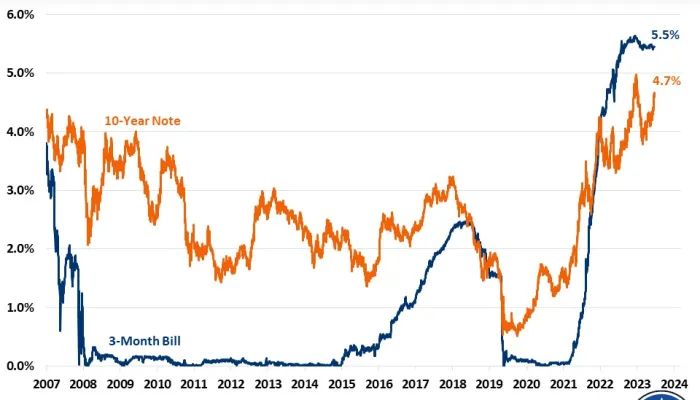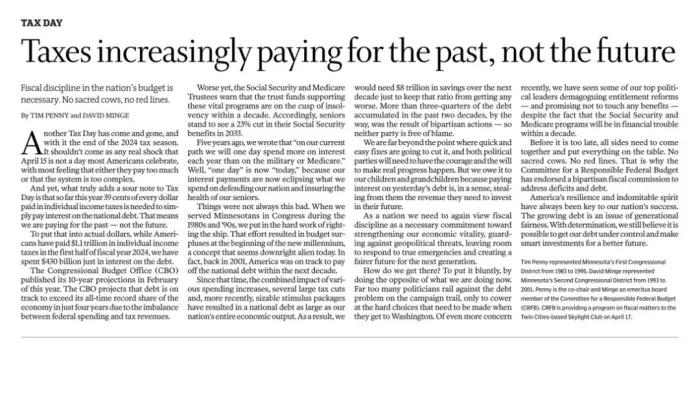Rejecting Obstructive Pledges and Considering Proposals from the Fiscal Commission
The Bottom Line today concludes its blog series highlighting our Ten Questions to Ask the Candidates on fiscal responsibility.
9. Rejecting Pledges. Rather than saying what you would not do, will you focus on what you would do to fix the problem? Committing to pledges—whether to oppose tax increases, or not to touch Medicare or Social Security benefits—reduces lawmakers’ ability to properly evaluate solutions and budget tradeoffs and govern effectively.
No candidate should make promises about what solutions should be “off the table” without explaining how they would fix the problem.
A common tactic on the campaign trail is to get candidates to sign pledges. In this election familiar pledges have involved promising not to raise taxes or cut Social Security benefits. Such pledges are not constructive in finding solutions to our fiscal challenges; on the contrary, taking possible solutions off the table poisons the collaborative process. Instead of promising what they won’t do, candidates should be encouraged to stress what policies they could support.
10. Considering Proposals from the Fiscal Commission. When the White House Fiscal Commission makes its recommendations, will you consider the proposals and suggest alternatives for those you do not support? The fiscal commission has been tasked with developing a plan to fix the nation’s fiscal problems, to be released in early December. The recommendations can be the first step in a national dialogue about how to fix the nation’s budget problems. Lawmakers must help the process by either supporting the Commission’s ideas or proposing alternatives that would be at least as helpful in reducing the national debt.
The White House created the National Commission on Fiscal Responsibility and Reform earlier this year to identify policies “to improve the fiscal situation in the medium term and to achieve fiscal sustainability over the long run.” The bipartisan panel is charged with presenting recommendations for Congress to consider by December 1. Since its inception many special interests have derided the commission and tried to prevent it from considering various options. The fiscal commission represents an opportunity to address our fiscal challenges in a thoughtful, bipartisan manner. Any recommendations presented by the commission should be seriously considered by policymakers.
Make sure you vote tomorrow if you haven’t already. Information on your voting location can be found here.


